Do you have a dormant account? This is how you can check!

Keytrade Bank
keytradebank.be
November 25, 2024
(updated December 03, 2025)
3 minutes to read
1. What are dormant assets?
If you have not been in touch with your bank for five years and have not made any transactions during that time, your assets at that bank will be considered dormant. It is not only money in current accounts and savings accounts that can become dormant. It can also happen to investments, safe deposit boxes and life insurance policies that would otherwise entitle you to benefit payments. As a rule, investments are also subject to a five-year waiting period. A safe deposit box will go dormant if the rental fee has not been paid for at least five years. A life insurance policy becomes dormant if the beneficiary does not take any action within four months of the policy holder's death.
2. What happens to these dormant assets?
If your assets become dormant, banks and insurers are legally obliged to track you down:
- Step 1: The bank or insurer will send a letter to your last known address.
- Step 2: If there is no response, the bank or insurer will consult the Belgian resident register or Crossroads Bank for Enterprises to find your current address. It will then send you a registered letter.
- Step 3: If there is still no response, the dormant balance will be transferred to the Deposit and Consignment Office (DCK/CDC) of the Federal Public Service for Finance.
The DCK/CDC holds these assets. If you don’t claim them back within the legal prescription period, the Belgian State irrevocably becomes their owner.
Keytrade Bank will send you an email if your assets are less than 60 euros. You will receive an email and a letter for amounts below 500 euros. If the amount exceeds 500 euros, Keytrade Bank will send you an email, letter and registered letter and we will consult the resident register. From 10,000 euros, we will also try to contact you by phone.
From amounts above 500 euros, we charge a fixed fee of 50 euros regardless of the amount. These costs are for the registered letter and resident register search.
3. What about small amounts?
In principle, a bank or insurer does not need to track you down if the amount is less than 60 euros. The money then goes to the Treasury anonymously. You can never recover this money afterwards. The following points are worth bearing in mind: Keytrade Bank will send you an email if the amount is between 0 and 60 euros.
It will also do this if the costs of tracking you down are too high. This is the case when those costs are more than 10% of the assets in the dormant account(s) up to a maximum of 200 euros. And for an insurance policy, this is the case if the costs of tracking you down are more than 5% of the insured benefits.
4. Why do assets go dormant?
There are several reasons why assets may become dormant. Letters from the bank may remain unopened. People may move abroad without informing the bank. Heirs may not be aware of all of a deceased person's accounts. The list goes on.
5. How can you check whether you have any dormant assets?
You can use MyMinfin to check whether you have any dormant assets. You log in with your electronic identity card or the Itsme app. On the “Mijn betalingen/Mes paiements” tab, click on the "Mijn slapende tegoeden raadplegen/Consulter mes avoirs dormants" button.
If you see nothing but 0s (zeros), it means no dormant assets were found in your name. A 1 indicates that you have dormant assets somewhere. In that case, you use another online application, e-Depo, to immediately request the recovery of those assets. You will then receive the money within 30 days.
6. Can you check whether a (deceased) family member has any dormant assets?
Yes, you can also do that in MyMinfin. Click on the “Mijn betalingen/Mes paiements” tab and on "Mijn slapende tegoeden raadplegen/Consulter mes avoirs dormants". Then click on “Slapende tegoeden op naam van een derde opzoeken/Rechercher des avoirs au nom d'un tiers”. You then need to submit a request. If more than one person is entitled to a certain sum, each person can claim their personal share. It is not necessary for all parties concerned to submit a request together.
7. Do dormant assets still yield interest?
Yes, they do. Dormant assets still accrue interest after they have been transferred to the Deposit and Consignment Office. The interest rate is 2.50% (situation as at October 2024).
8. Does recovering dormant assets come at a cost?
No, there are no administration fees or other costs to pay.
9. How can you prevent your assets from going dormant?
- Logging in to your online banking at least once every five years is enough to stop your account from going dormant.
- Update your contact details, for example after moving house.
- Create an overview of your accounts, for example in your will.
- Draw up a lasting power of attorney.
10. How many dormant assets are there in Belgium?
We asked the Federal Public Service for Finance how many dormant assets exist in Belgium and were told that the current figure stands at 716 million euros (November 2024). These assets are held in 636,157 dormant accounts or insurance policies (on average 1,125.50 euros per case). In 2023, 2,528 recovery payments were made totalling 13.8 million euros (on average 5,459 euros per case).
Other articles that might interest you

ChatGPT as financial adviser: reliable or not?

Why a child deserves pocket money
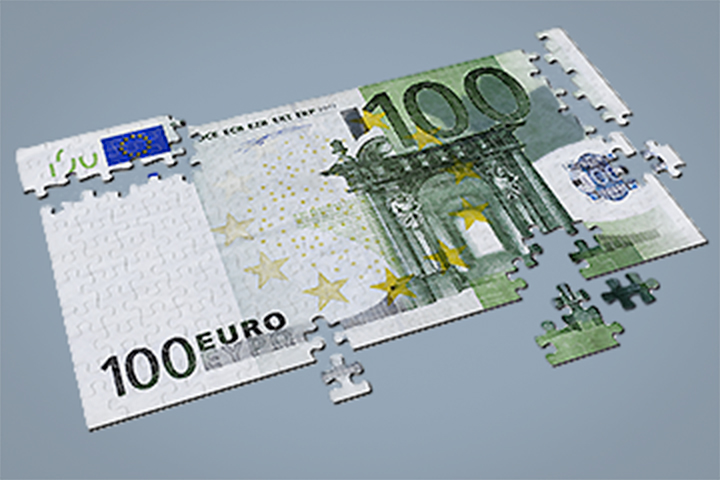
14 surprising savings ideas
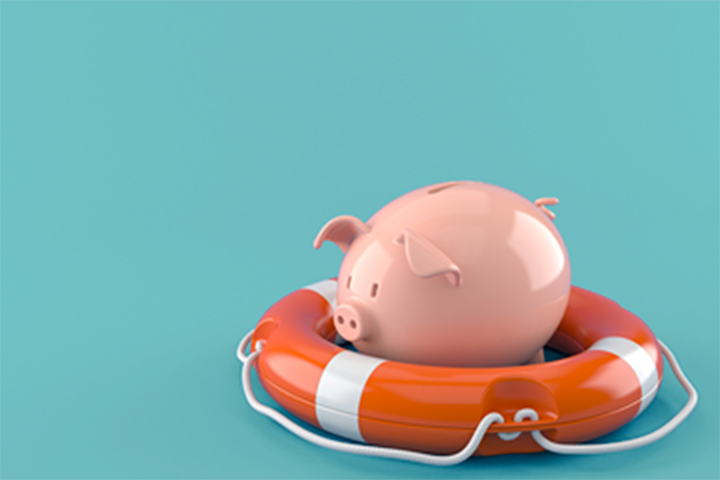
Guide: how much you need in savings
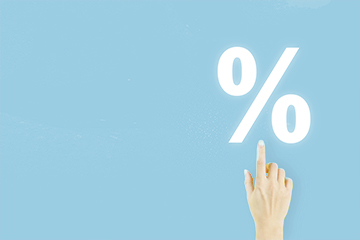
What is interest and what does it have to do with your savings account?
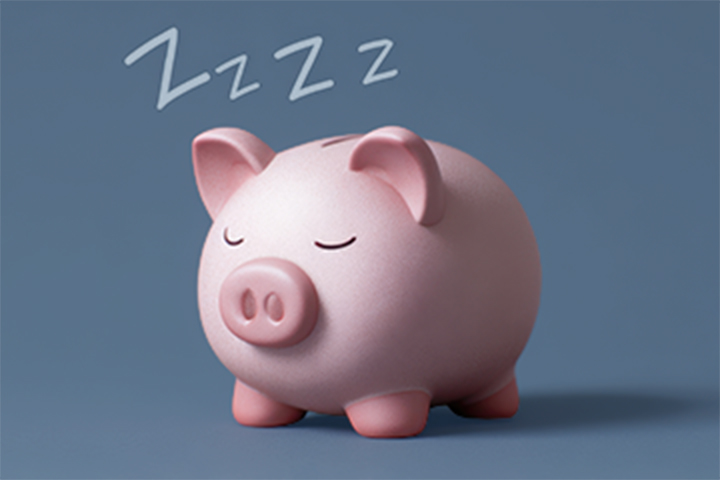
How much money do you have – without knowing it?
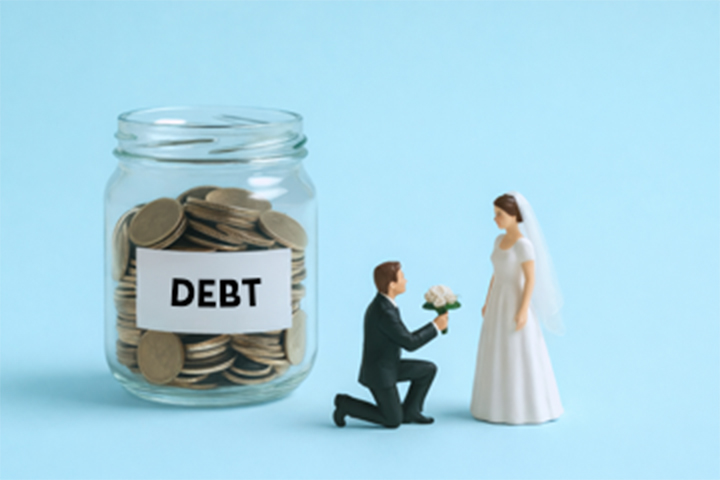
Planning to live together or get married? What this means if your partner is in debt...
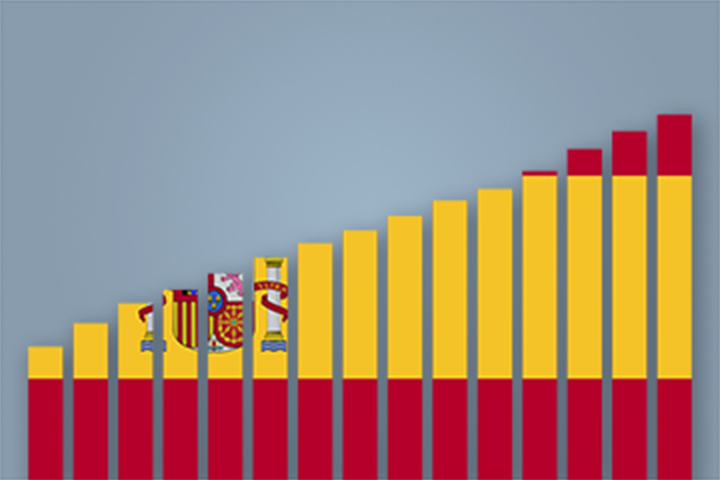
From siestas to sprints, the Spanish stock market surprises investors
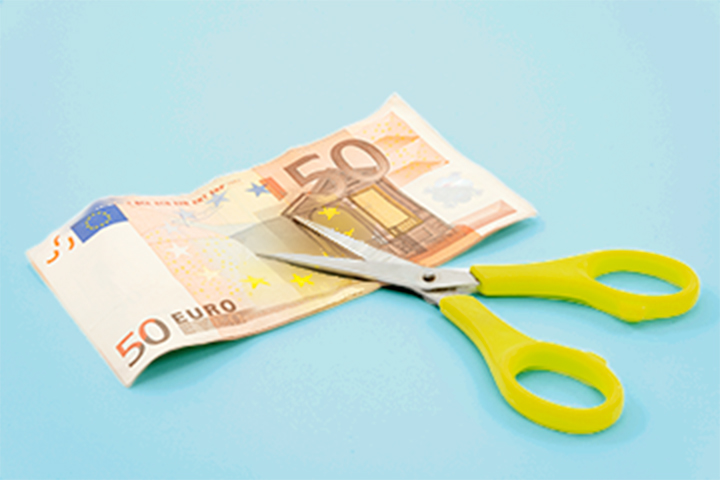
Capital gains tax: how will it affect your portfolio?

Will AI replace human investment advisers?

Why You Need to Be Even More Vigilant for Fraud in the Age of AI
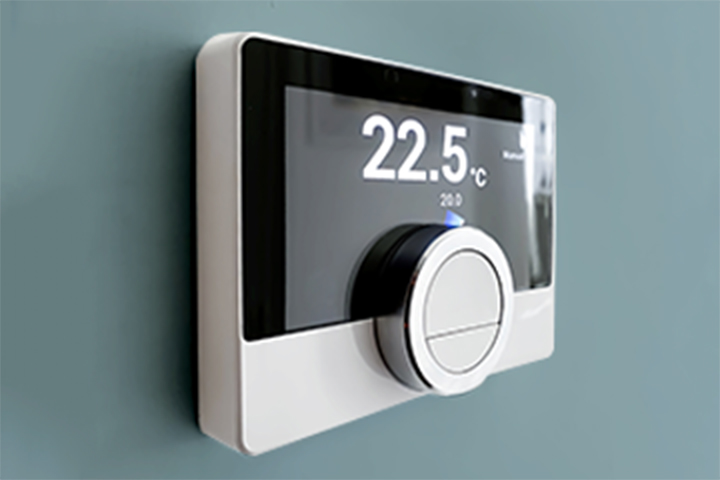
Why your smart thermostat could threaten your savings
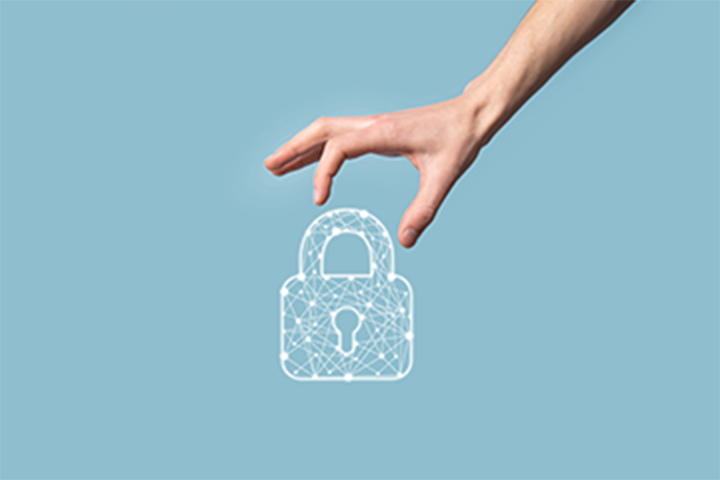
Good online practices are your best protection against cybercriminals
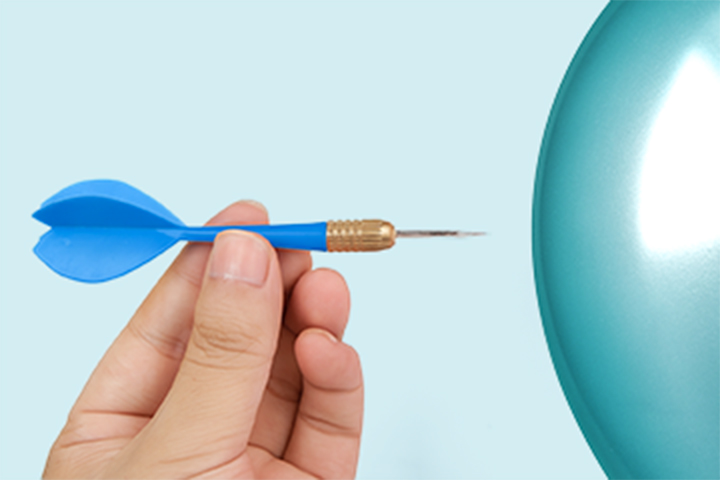
Do you recognise the signs of pump-and-dump fraud?
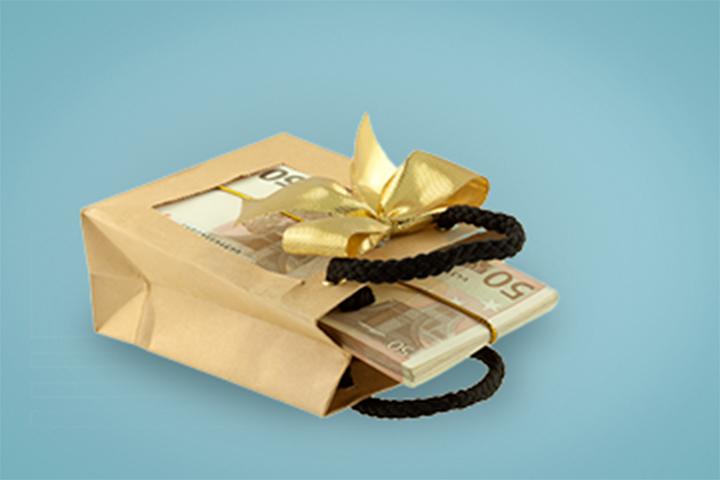
Gifting money: register or take the risk?

Think twice before entrusting your will to ChatGPT
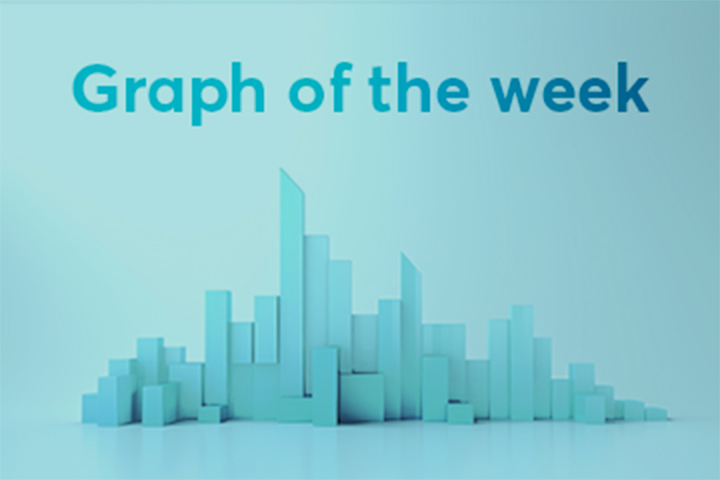
Graph of the week: Industry has not succumbed to Trump!

How high students’ earnings may, and more importantly, may not be
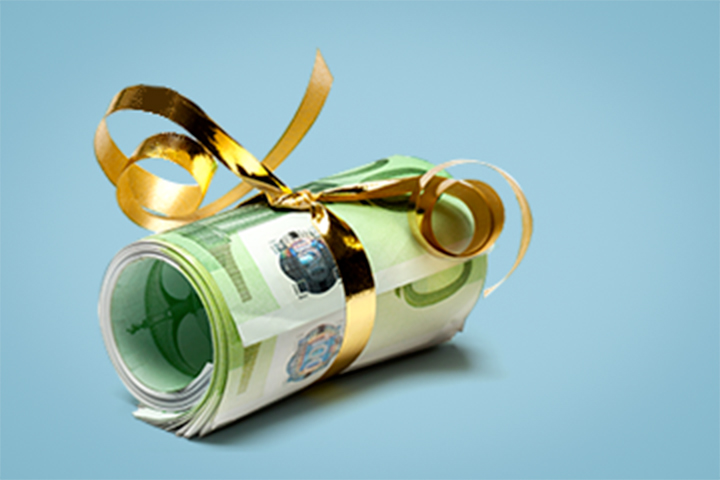
Gift or inheritance? Avoid these 3 big pitfalls (and any unnecessary tension)

An offer, an option agreement or a contract: ending the confusion
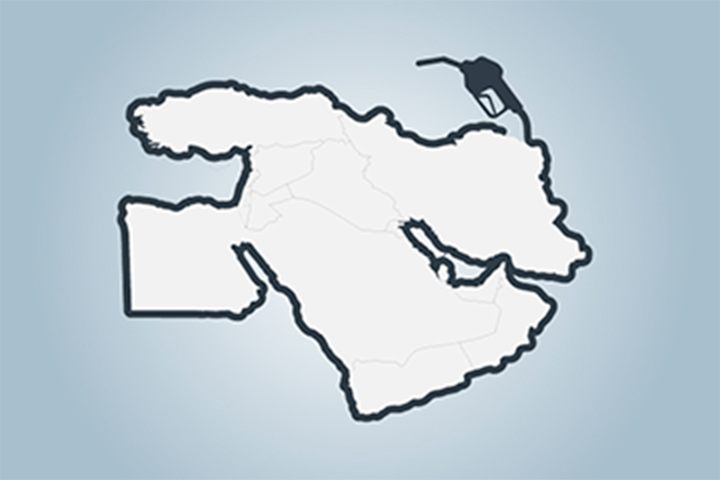
Risks and opportunities in the energy sector
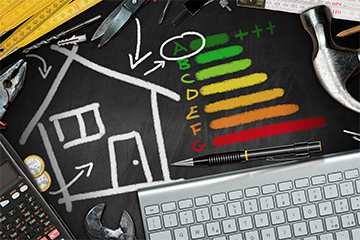
Taking out a loan for energy-saving renovations: what are your options?
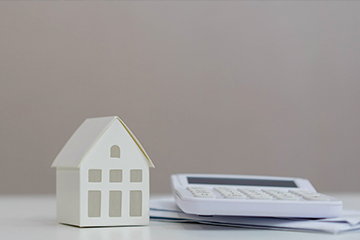
How much can you borrow for a home?

From offer to contract: avoid these errors
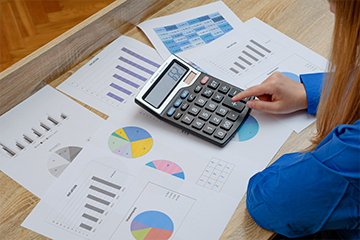
A no-deposit mortgage loan: fact or fiction?

Age limit for a mortgage loan: is it true?
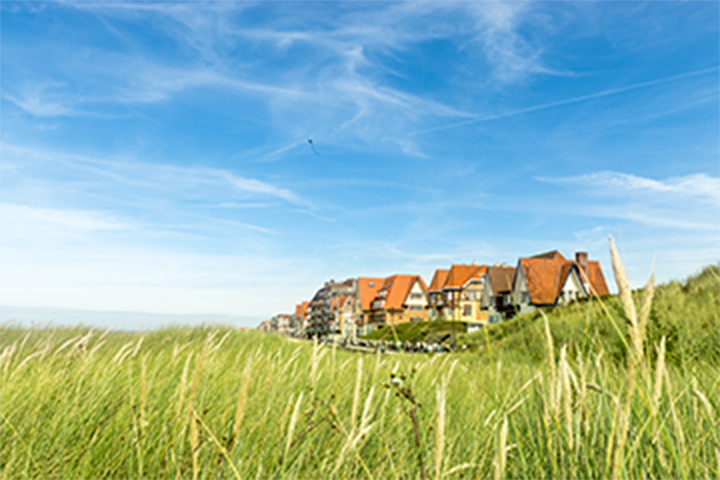
Borrowing for a second home: what are your options?

Property shares: ripe for a comeback?
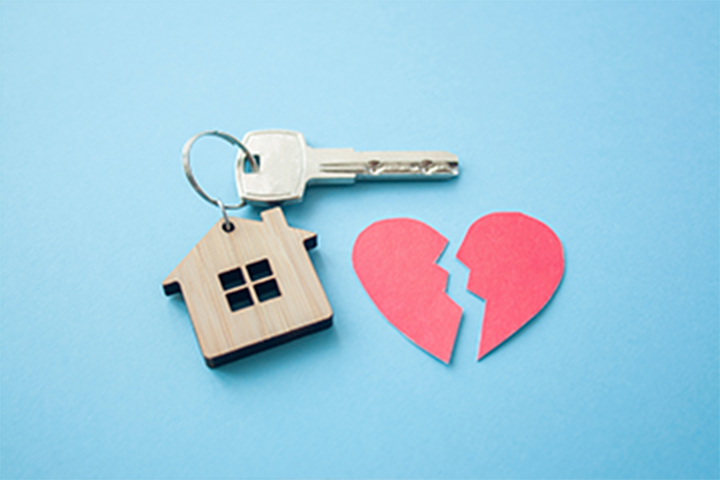
What happens to the shared home when a relationship breaks down?
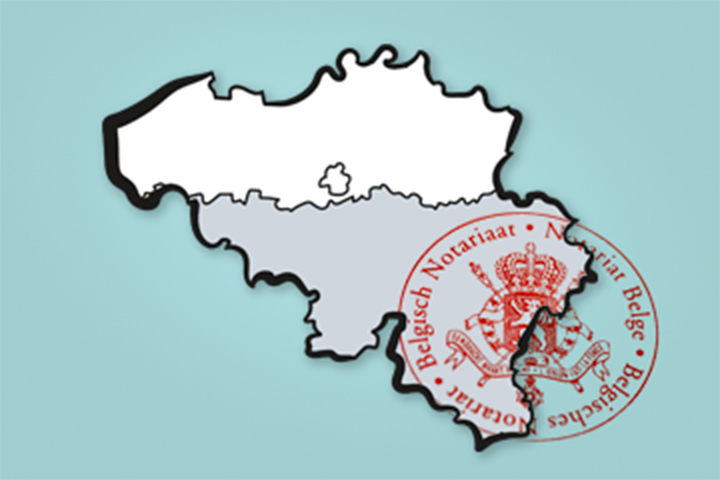
Stamp duty and inheritance taxes are set to fall sharply in Wallonia
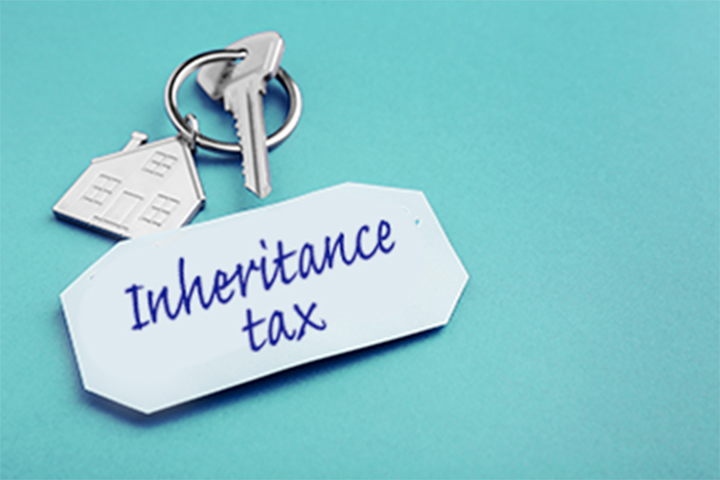
What if you are unable to pay the inheritance tax?
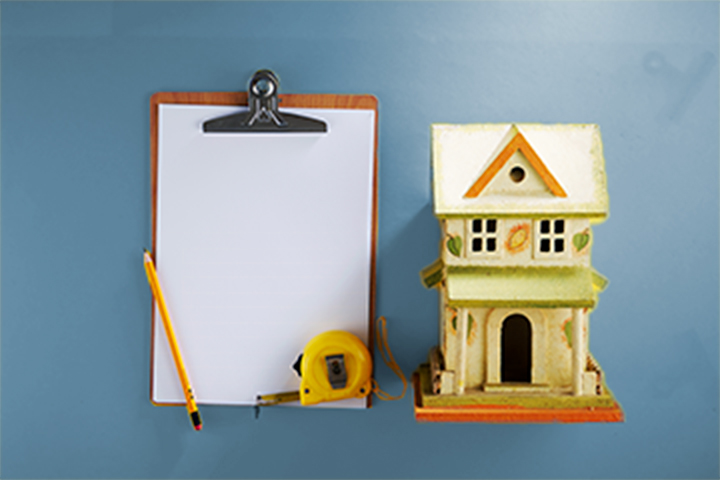
What to look out for when buying a home
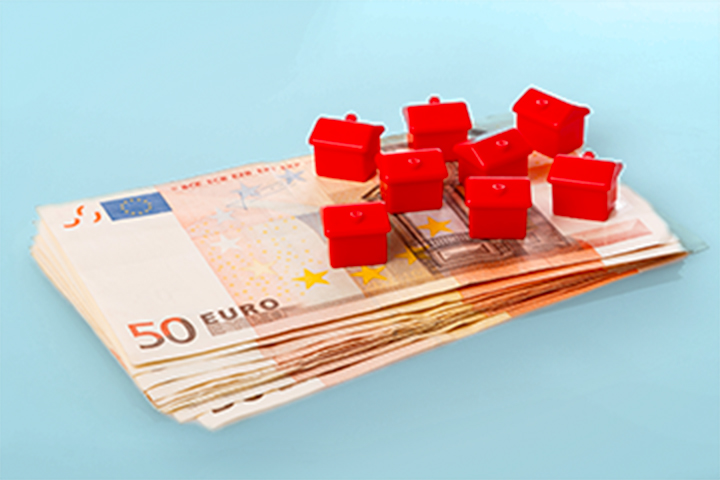
Rental income and taxes: what every landlord should know

After the gold rally, is it silver's turn?
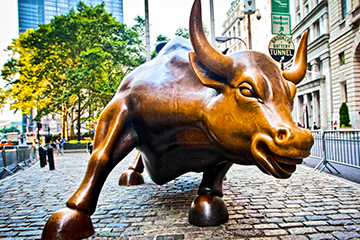
Why the S&P 500 does and does not have a problem
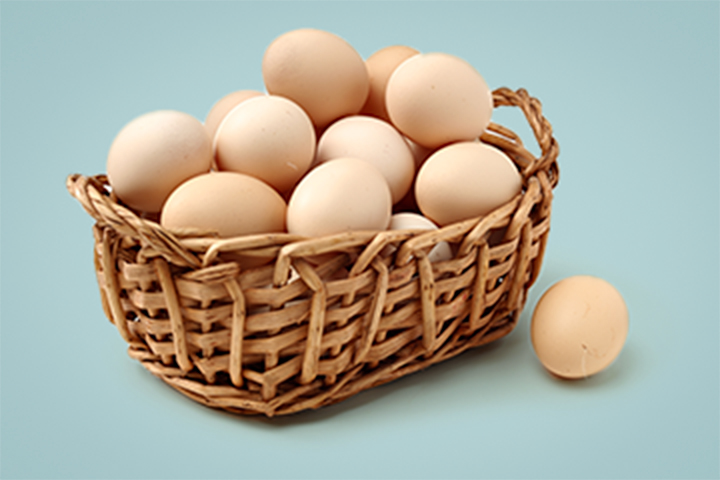
Investing in future index constituents: opportunities and pitfalls
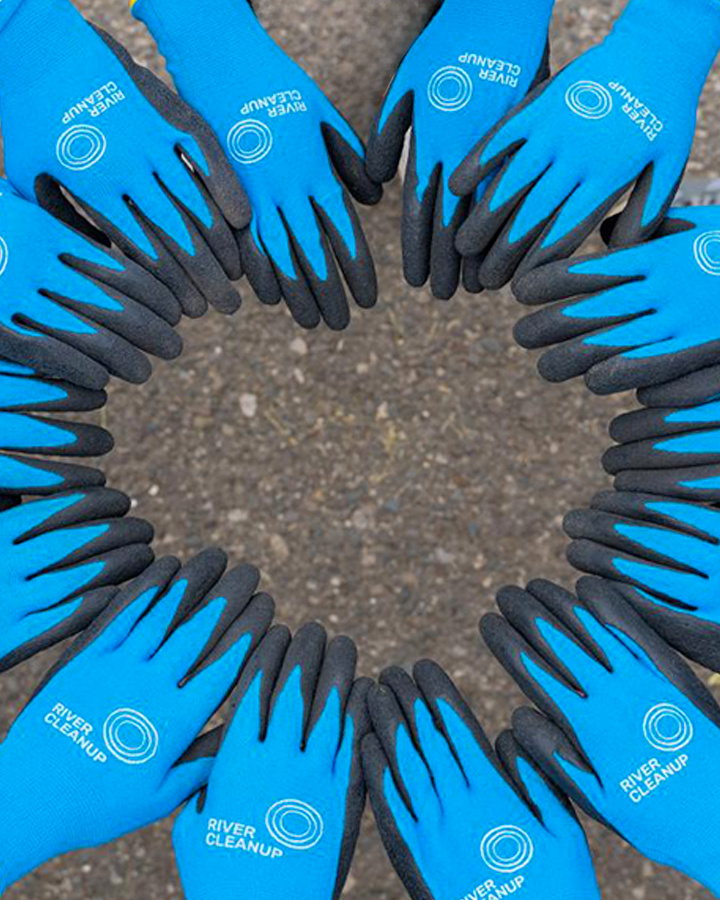
World Cleanup Day

Ever heard of the Zweig Breadth Thrust?
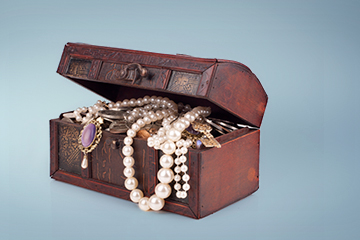
No children yet, but planning to have some? Here's how you can settle your inheritance

Being suspicious is the best defence

Humanoid robots: hype or golden opportunity for investors?

Defensive shares as a buffer?

US shares no longer number one!

One inheritance at multiple times: contingent legacies
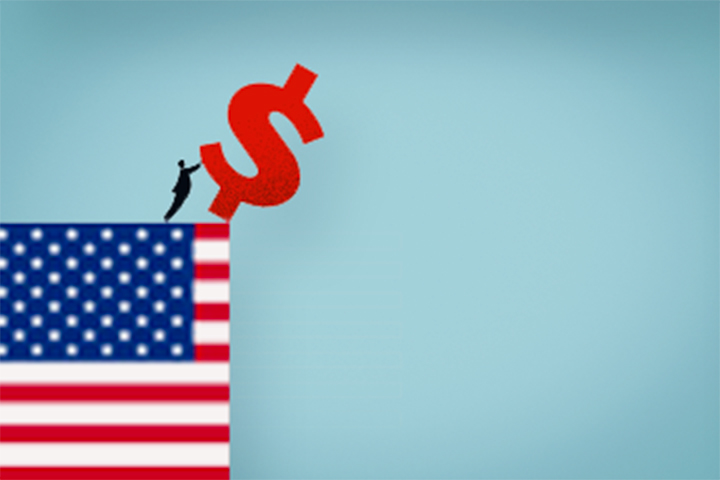
Will there be a recession in the US?
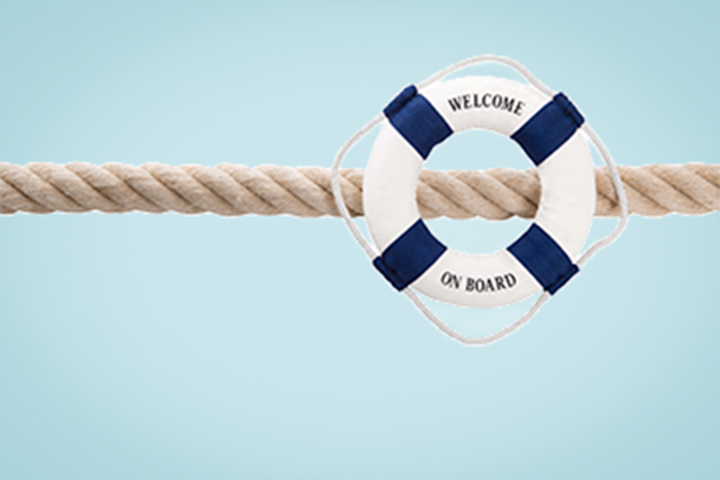
As cruise companies gather steam, are their shares doing the same?
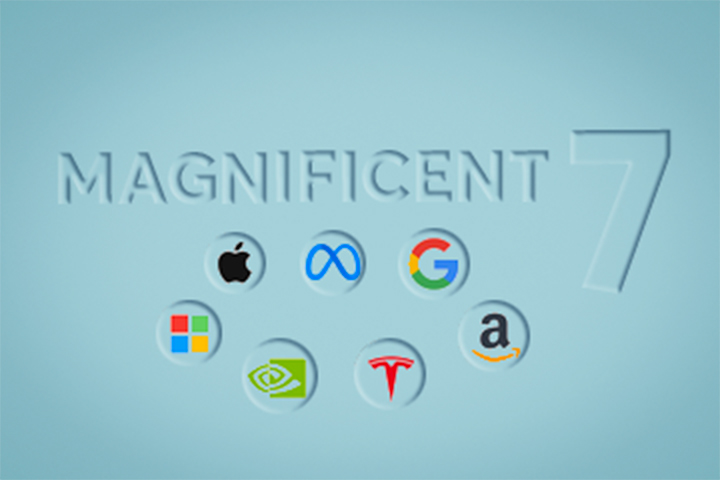
Have the Magnificent 7 lost their magic?
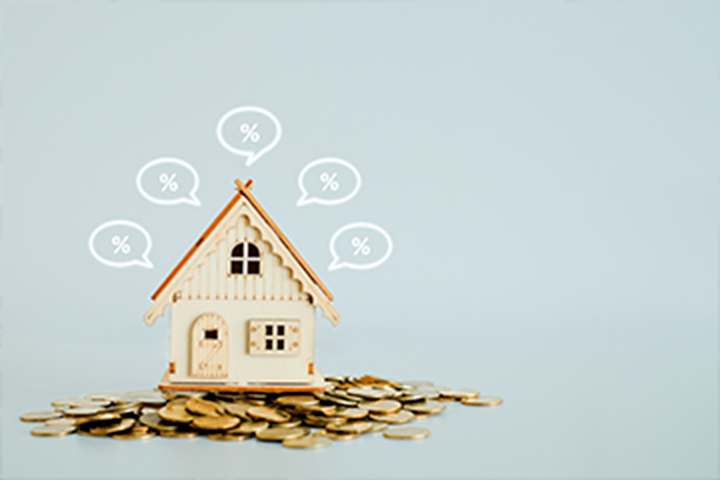
What costs are involved in buying a home?

An investment guide to Europe's military resurgence
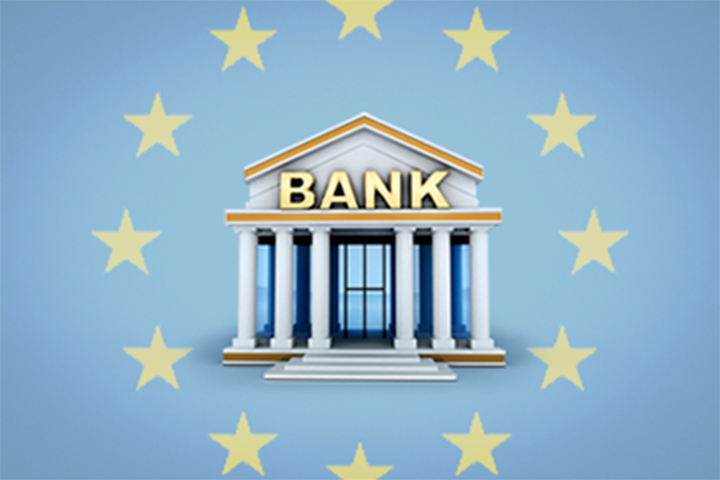
Are European bank stocks experiencing a renaissance?

Has the obesity trade peaked?

How to invest in AI after the DeepSeek bomb

Married, cohabiting or in a non-cohabiting relationship: the impact on gifts and legacies
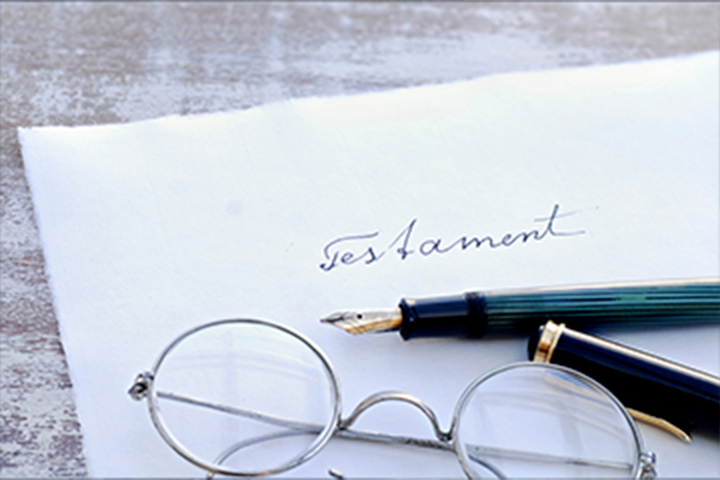
Writing your own will? Avoid these 10 mistakes

Want to fit in a gift before the end of the year and avoid paying gift tax?

Investors missed out on many great opportunities in 2024

40 years of pension savings: what will you spend it on (literally)?
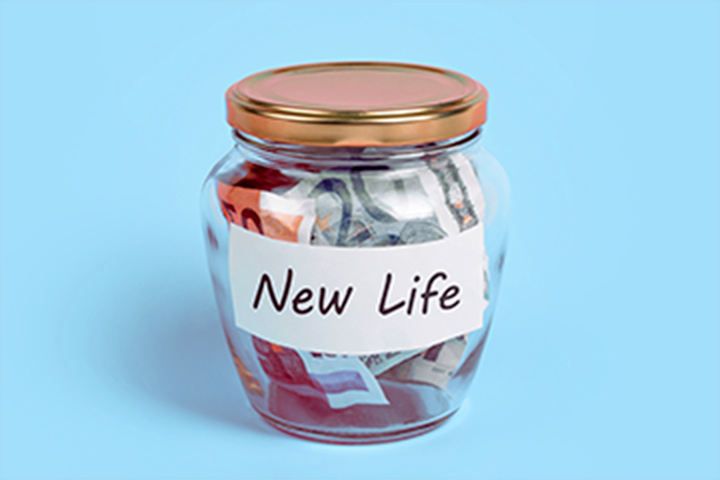
From FOMO to ZERO bank account? 5x pension savings to the rescue
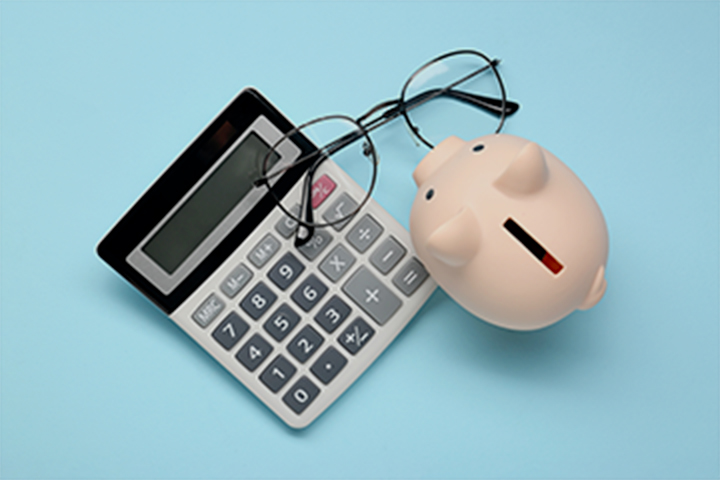
Pension savings returns: these choices give the maximum payout
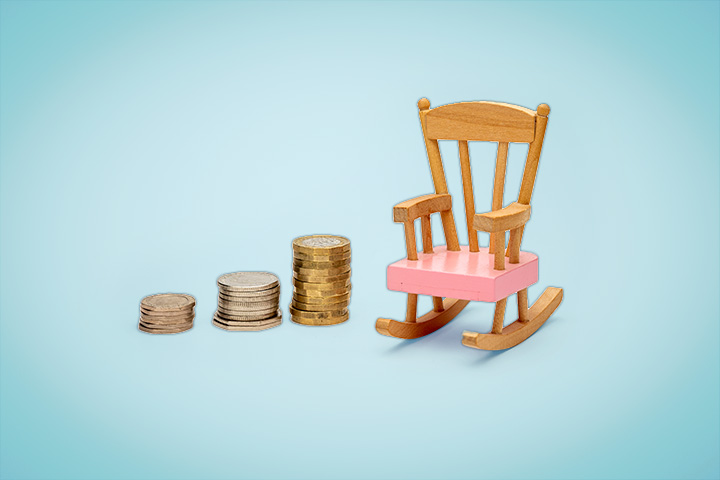
Lifetime pension savings: the sooner you begin, the more you rake in

What if pension savings were like a dating app?
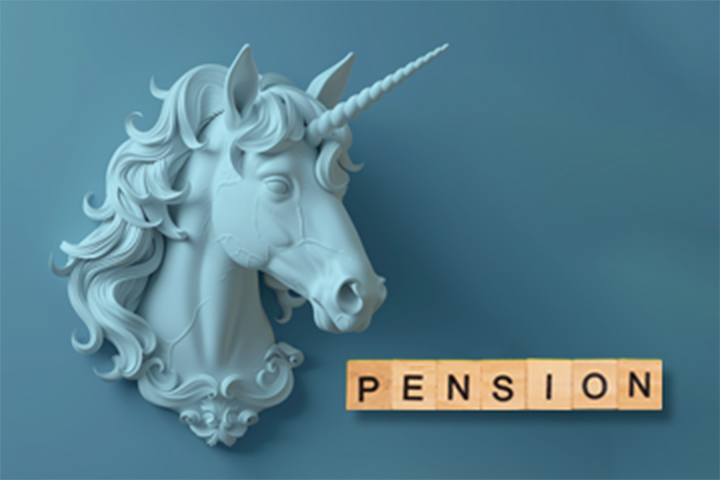
Myth busters: 5 myths vs. facts about pension savings

Pension savings: save the grey hair for later

Why pension planning is even more important for women

United States 1, Everyone Else 0
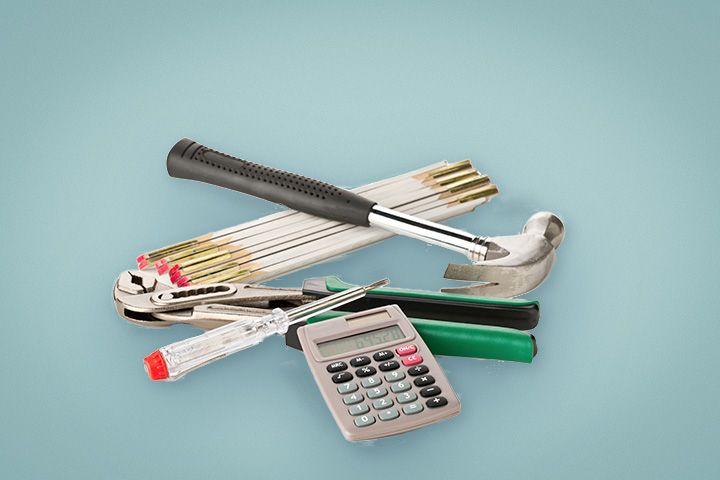
Which loan is the best fit for your renovation project?
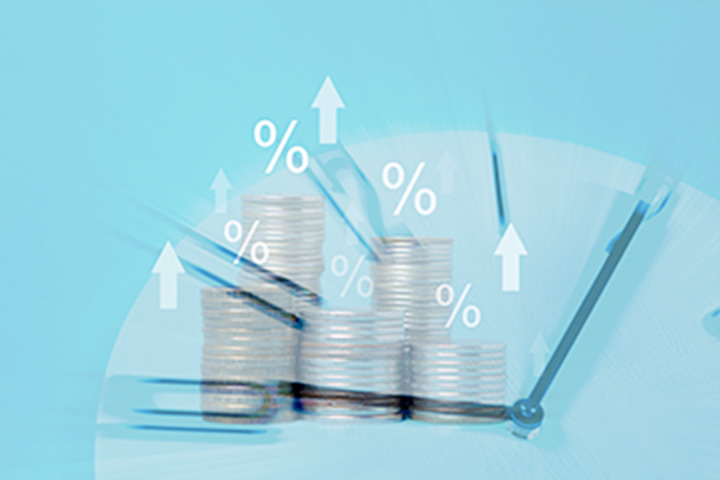
When should you start investing? Seven potential key moments in your life
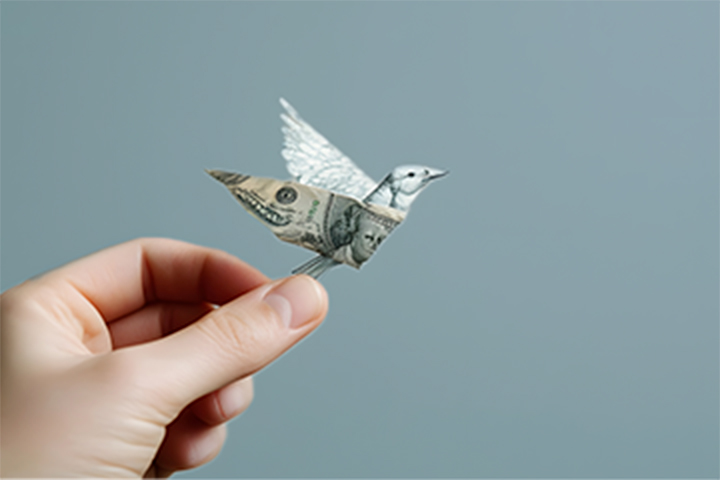
FIRE: how hot is this financial trend and how does it work?

How can you teach your child to save? 12 tips

Are there shortcuts to becoming financially independent?

A potential worldwide trade war is claiming European victims

Cybersecurity: Too close to home to be ignored
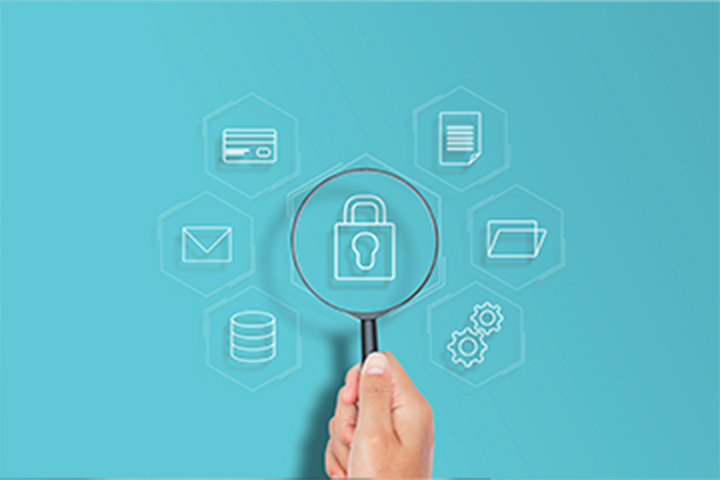
Cyber security trends: from ransomware attacks to deepfakes

Ever thought of investing in the pet industry?

Have long-term interest rates once again started a 40-year uptrend?
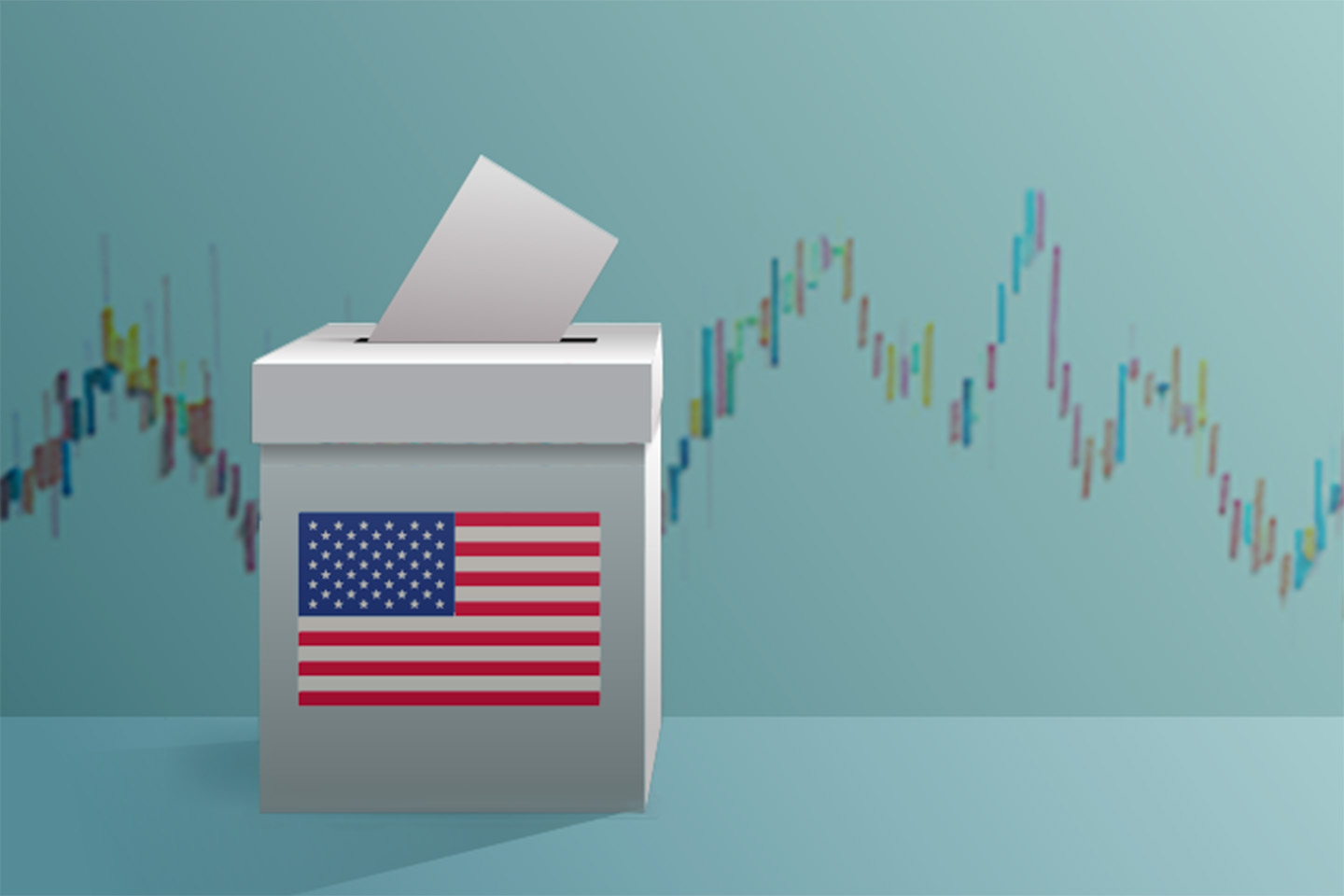
Democrats or Republicans: which party is better for your investments?

Graph of the Week: Magnificent 7 vs 2000s Tech Bubble

Investing at new highs is an elevated idea

Checklist: travel without any money worries

Untaxed side jobs: what is allowed and what is not (any more)?

Who's who at Keytrade Bank? Who answers the phone when you call us?

Who's Who? Visiting IT

Would it be better to buy a student room than rent one?

House flipping: is it worthwhile?
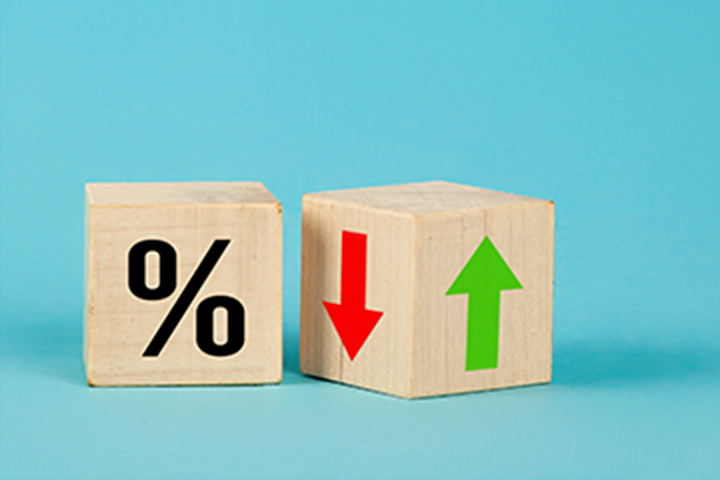
Basic interest rate and loyalty bonus: what does your savings behaviour say about you?
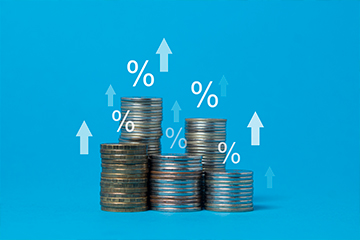
Why high dividend yields can be a poisoned chalice

3 ways to invest when you don't have much time.

Is it time to invest in Chinese stocks again?

How do you select an investment fund for your child?
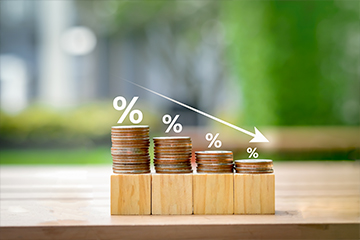
Will ultra-low interest rates make a comeback? Probably not…

Robotics: From science fiction to science
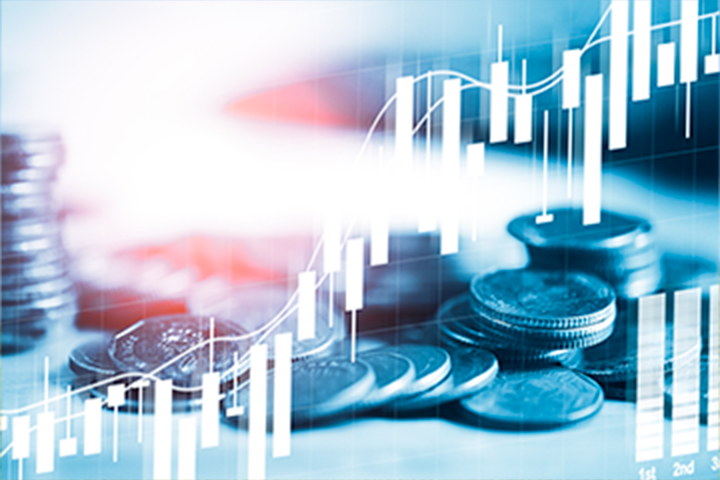
Are money market funds an attractive investment?
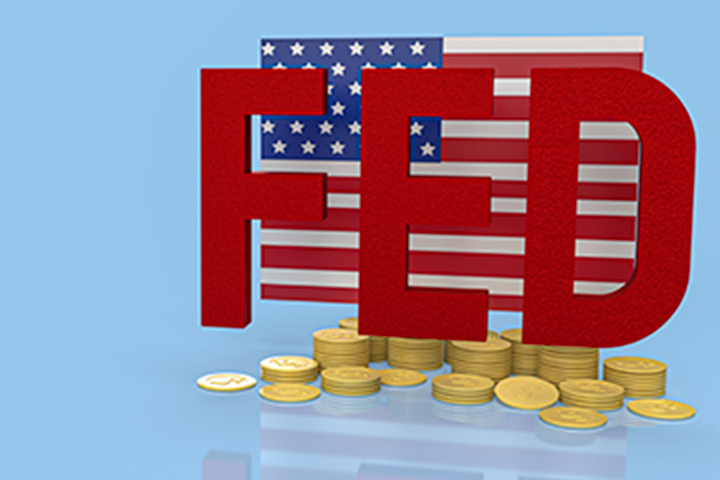
Is it the right time to invest in bonds?

Stock market records: some down-to-earth advice on how to respond to dazzling heights

Have you ever thought about investing for your children?

How can you invest in space travel?

How do you protect your smartphone from hackers?

New in Flanders: interest-free loans for renovations
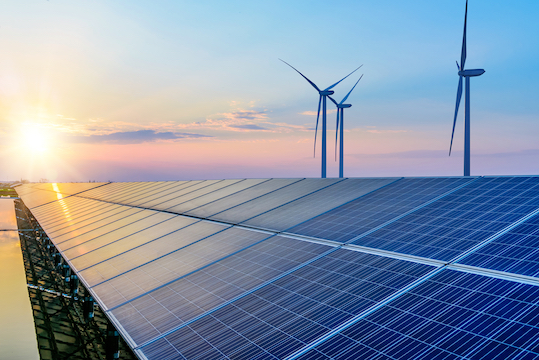
Five myths about sustainable investing

How can you invest in an ageing population?

How do elections affect the stock market?

8 questions and answers about holding companies

Nigeria: a new hot spot for adventurous investors?
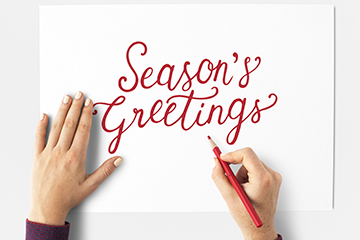
Looking back on 2023
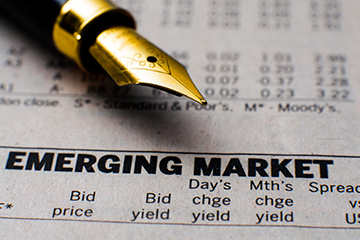
Investing in emerging markets: are investment funds a smarter buy than trackers?
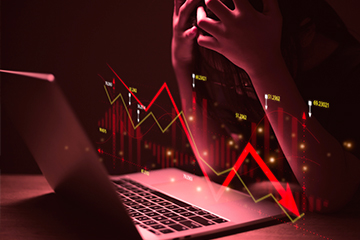
Watch out, danger's about

The advantages and disadvantages of contactless payment

Good positional play is important!

Tips for paying safely while travelling

Is India the new China?

Have you heard of these 12 types of fraud?
Which sectors should remain overweight following the latest rate hike?

Padel has got a new doubles partner with Keytrade Bank

8 timeless rules for investors

Don't forget to make arrangements for your digital estate
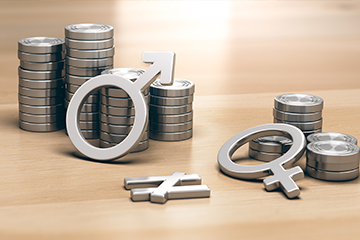
How to navigate a relationship with lopsided incomes?

Avoiding and dealing with conflicts on financial matters: a guide

1 account for the both of you? Or separate accounts? Or a combo?
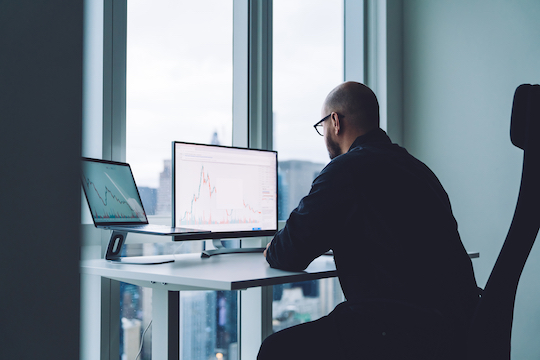
What is the difference between a tracker and a fund?

6 things you need to know about your Keytrade Bank credit card

A Keytrade Bank Nature Trail? Yes, please.
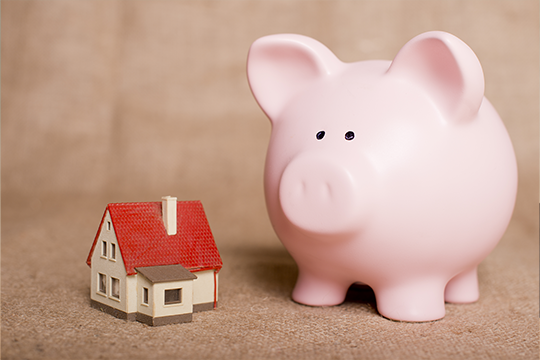
How to buy real estate with your supplementary pension (even though you have not retired yet)

Who's who at Keytrade Bank? Data first
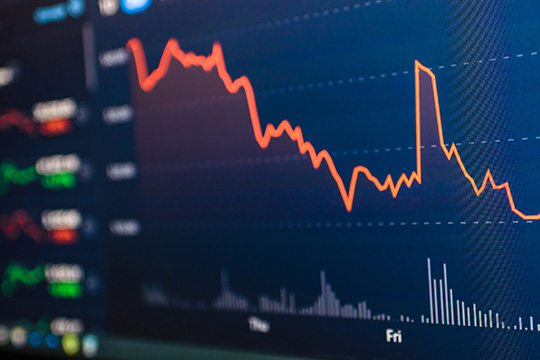
Is tighter monetary policy acting as a brake on the stock market upturn?

How can you donate or leave a legacy to a charity?

As close as possible to staff
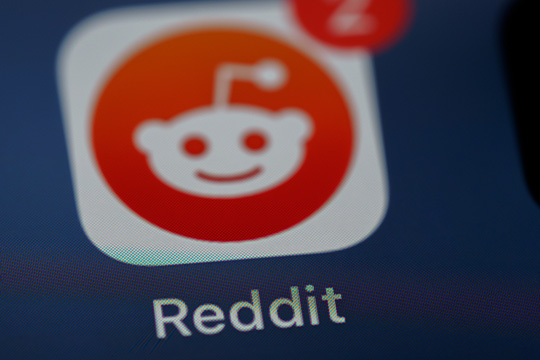
Belgian traders tempted by American stock market rush and Reddit investors
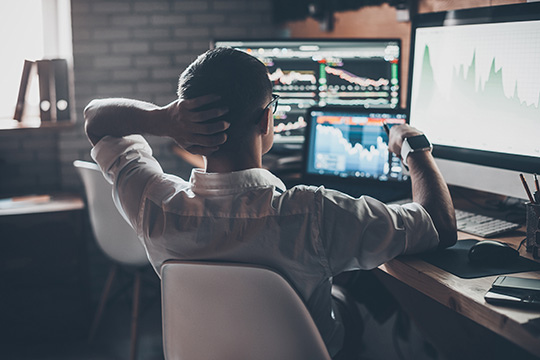
Getting nervous about the stock market? Take a look at the 200-day moving average

A Keytrade Bank Nature Trail? Yes, please.
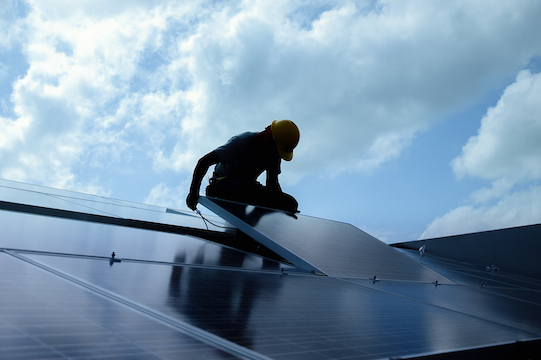
With or without the coronavirus: why green investing remains just as relevant as before
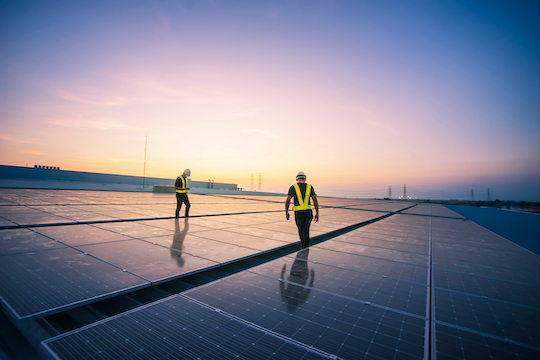
Impact investing: sustainable investments with that little bit more

Sustainable investing: what, why and how?
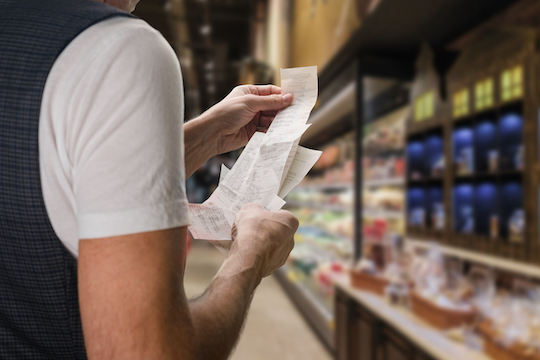
How can you make an investment portfolio inflation-resistant?

How much additional income are you allowed to earn as a pensioner?
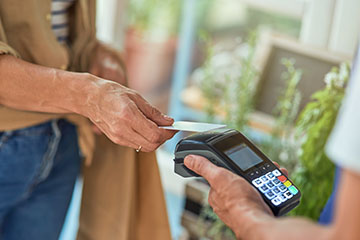
CARD STOP has a new number! 078 170 170

This is what the tax authorities know about your money
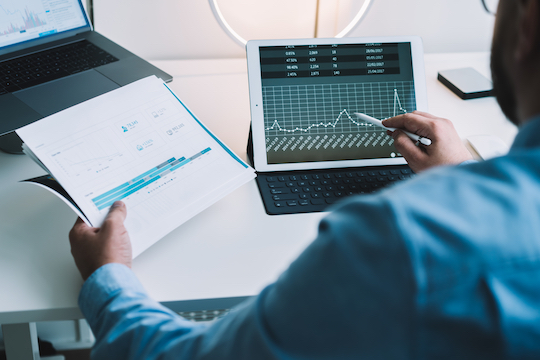
Investing in dividend shares: what to look for?

Hate budgeting? This is your guide to budgeting
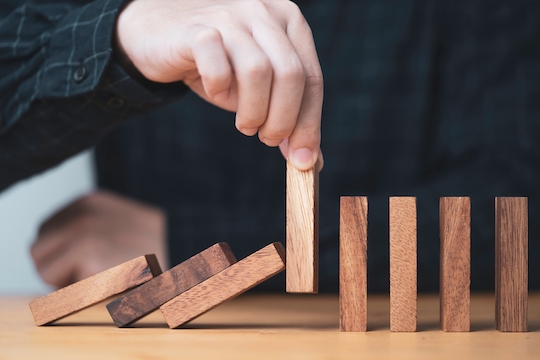
No group insurance plan? What are the alternatives?

Can countries go bankrupt?

Which investment style and which regions would benefit from renewed growth in interest rates?

Which shares will be the rising stars once interest rates start increasing again?

10 things you can do within a day to improve your financial health

Cohousing rules

Baby on the way? Make sure your finances are ready for it, too

How to protect your capital in the event of a divorce

How to include your grandchildren in your inheritance planning: 8 questions and answers
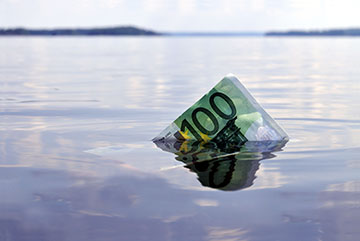
Rising debt: is it a problem?

How safe are contactless payments?

Funds and trackers: do you opt for capitalisation or distribution?

Rent or buy? How to use the price-to-rent ratio

What do I do to balance my investments?

CARD STOP has a new number! 078 170 170

Talking to your family about legacy: how to get started
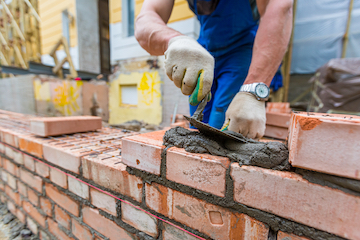
Stock market versus bricks and mortar: 1-0
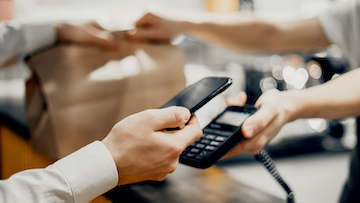
On the way to a society without cash?

Buying a second residence: with savings, investments or a loan?

A must read for when you spotted a second-hand bargain online
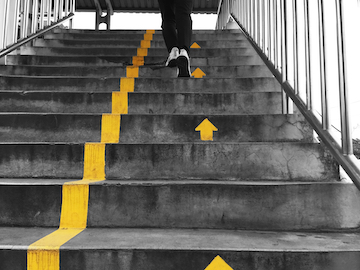
Always have a megatrend in your portfolio

The lazy marathon investor

The handiest financial apps (and free as well)

Are you investing really globally with a tracker on a world index?

Are we heading into a year-end rally by the stock markets?
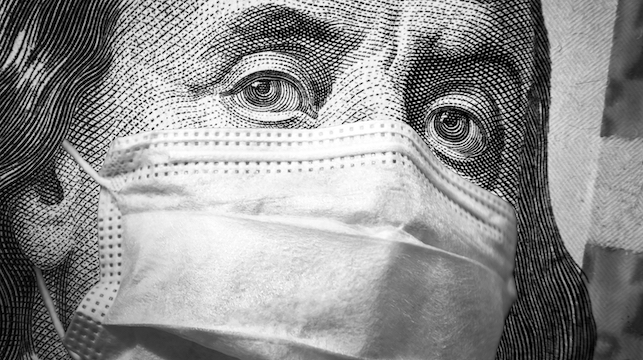
Coronablog de Geert Van Herck: La panique atteint des sommets… énième épisode

Blended family: shared savings account or keep things separate?

How can you vaccinate your computer against malware?

Tips from an expert: how to keep your passwords safe

Coronavirus blog by Geert Van Herck: S&P 500 indicates a positive trend

What retirement pension will you get later?

How can we cope with financial stress?

Gift or inheritance: which is the most tax-efficient?

Making an offer on a property: what should you look out for?

Swapping your car for a bike: how much money could you save?

Afraid of causing Ferrari or hammock syndrome? This is how you can make a gift and stay in control

Are trackers the latest bubble on the financial markets?
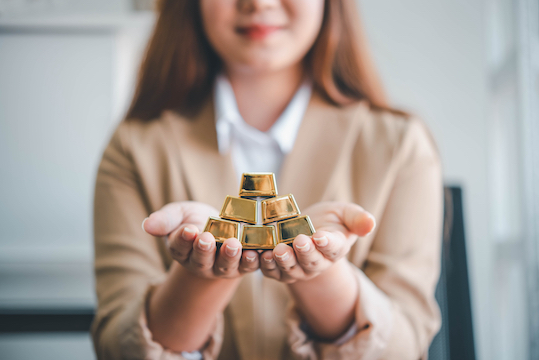
Going for gold? Gold is apparently going for it.





























































































































































